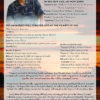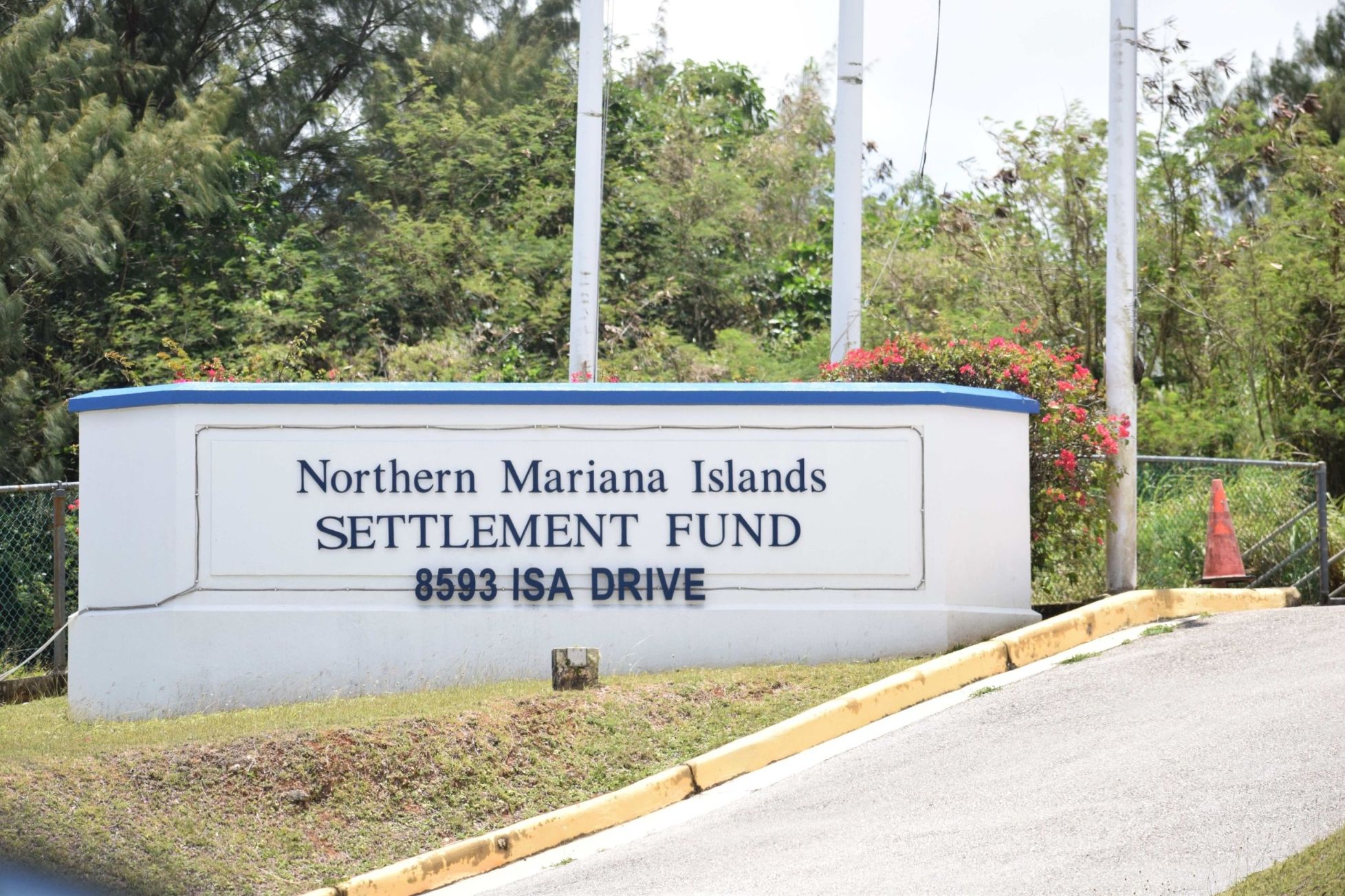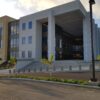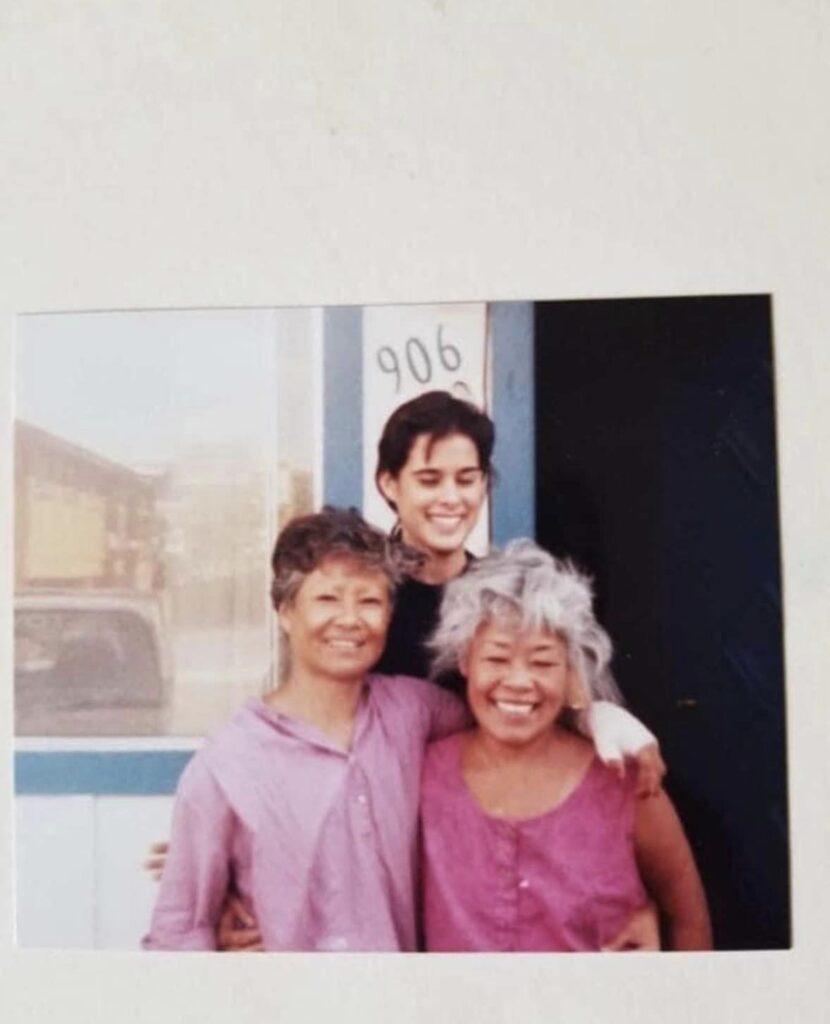THOUSANDS of children were orphaned or separated from their families as a result of the Korean War in the 1950s. Alice McCune, who recently learned that she is half-Micronesian, is one of those children.
Alice, now 76 years old, is starting to piece together her family history with her children, Maria and Nancy. They are seeking the help of community members to find — and hopefully reunite with — their Micronesian family members, wherever they are and whomever they may be.
In an interview with Variety, the family shared the story of how young Alice was treated as an outcast in Japan, orphaned in Korea, then adopted by a U.S. family through Holt International, an agency that coordinates international adoptions.
Alice has spent most of her life in America, and after taking two separate DNA tests to learn more about her ancestry, she discovered that she is half-Micronesian —likely from Chuuk or Pohnpei — through her biological mother, Maria, affectionately known as “Grandma Kim” to Alice’s children.
Nancy recalls one of the moments where her mother first made the connection.
“There’s a famous Marwal bust of an islander woman that Dad bought Mom, because as they were passing by the store, Mom stopped abruptly and said, ‘That lady there, she looks like my mother!’ My sister still has the bust. This is important because it means that in some way, Mom does remember her island heritage. Maybe it’s more accurate to say that she feels it, but doesn’t know it, and can’t remember it,” she said.
“Mom’s story has always been an intriguing mystery to my sister Maria and me. Our father is Irish American and has a good knowledge of his family tree, but our mom always said she didn’t know for sure where her family was. Mom has always had a longing to know the answers, but the technology just didn’t exist until recently.”
Outcast
Alice, who is also known as Yoshiko and as Kim Nam Ki, believes she was born in Japan. She recalls having a Korean father, a Pacific Islander mother, an older brother, a younger brother named Masao, and two younger sisters, Masako (also known as Maureen and Kim Nam-Dok) and Betty (also known as Kim Nam Soon).
She remembers that as a child, her family was treated as outcasts in Japan because of their Korean heritage, forcing them to move to Korea, only to find that they weren’t welcomed there either because they spoke Japanese and had Japanese names.
Japanese is Alice’s first language, but she can also speak Korean and English.
She doesn’t remember much about her father and brothers, but she does recall her mother being a fish factory worker who sometimes carried her children on her back and walked by the shore.
Her mother later died in what she believes was a refugee camp, “with a big stomach, as if pregnant,” and tears in her eyes, asking who would take care of her children.
Orphaned
Alice remembers a man telling her that there was nothing more he could do for her and her younger sisters after their mother passed, forcing them to leave.
She gathered their small bundles of belongings tied in a cloth with a stick and went onto the road where many others were walking, eventually being led to a train.
Worried that she and her sisters did not have a train ticket, young Alice grabbed her sisters and clung onto a woman’s skirt, sandwiched onto a train.
To this day, she remembers the woman as an angel, guarding her and her younger sisters, not knowing where she departed and where she was headed.
Alice also remembers being on a huge ship at one point in her life, with many others, not remembering whether or not her parents were with her. She remembers being very hungry, and someone giving her handfuls of rice.
After getting off the ship, she was led to a huge warehouse. She recalls going hungry in the streets, asking for help from market owners, trying to fend for her and her sisters, sometimes sleeping out in the cold.
The three sisters eventually ended up in a Korean orphanage, which the family believes may be St. Paul’s Convent and Orphanage in Seoul.
In the orphanage, she attended Catholic confirmation classes, helped in the kitchen, learned to cook Korean food, and learned to make dolls of corn husks and sticks for other children.
She and her sisters were not sure if their Korean names were their family names, or if they were names assigned by the Seoul orphanage.
They were later adopted to the U.S. around 1960, when Alice was about 14 years old.
Adopted
After being adopted, the three sisters were in the same household at first, with other adoptees, but ended up going to different families. They kept in touch and reunited once they were adults.
Alice learned to speak English fluently and to write in cursive. She mainly speaks English today, and rarely speaks Korean or Japanese.
Alice lived in Nevada as a teenager, and later moved to a couple of other families in the Pacific Northwest before finally living with her adoptive mother in Oregon.
There, she met her husband and raised a family, mostly living in California before moving back to the Pacific Northwest in 1993.
Her husband’s work led the family to briefly live in Seoul in the early 1970s. While there, she visited her old orphanage, donating clothes and giving the children haircuts.
At the time, she didn’t think to ask for her records or ask questions about her past.
DNA tests
After submitting DNA kits to both ancestry.com and 23andme two years ago, Alice and her children are learning more about their ancestry.
While Ancestry.com results are broader, 23andme DNA results show that Alice is 50% Korean and 50% Islander, with 44.6% possibly being Micronesian and 5.4% being broadly Melanesian.
A haplogroup identifier — which connects a genetic population group that shares a common ancestor — has linked Alice to a few DNA matches, most of whom are either from Pohnpei or Chuuk, with one being from the Philippines.
The family thinks that their best chance at learning more about their ancestry is to find a DNA match with someone from the same maternal haplogroup and using the familysearch.org database.
An issue that they have encountered, however, is that haplogroup data is not always readily available, making it difficult for the family to connect with potential DNA matches.
Nevertheless, the family continues seeking answers through modern-day technology and Alice’s memories.
“I worry that time is running out though, for anyone in Mom’s generation or older. The likelihood of finding someone alive and wanting to do DNA tests seems like a long shot. I’m not sure if I’d be able to go to Pohnpei or Chuuk and see some library of documents, but if something like that exists, I would love to go there and read old newspaper articles, obituaries, birth records, death records, expatriation documents, etc.,” said Alice’s daughter Nancy.
“We’ve learned so much that we thought we’d never be able to discover. We’re thankful for technology and for those who are willing to share information, memories, leads, and any ideas to help us on our journey of discovery. We want to learn more, but of course, we don’t want to impose or intrude on anyone. If by a miracle, Mom’s family is still alive somewhere, wouldn’t it be so amazing and beautiful to get to speak to them to find out how they were separated and how their lives have gone since then? If not, we will meet in heaven to share our stories and reunite.
“Please, if anyone remembers one of their family members who might be the Pacific Islander mother of this story or the Korean father of this story, please let us know. It’s possible that Mom’s Korean father seemed Japanese, since they had Japanese names. Since we don’t know where Mom and her siblings were born, we don’t know if the Pacific Islander family would know about them, if they were born in Japan or Korea, unless letters were sent. If anyone remembers a woman who went missing and never came back, it would be worthwhile to check into it,” she said.
“Maybe I have to wait for someone else to add their DNA sample to 23andme or ancestry.com; or maybe someone will read this article and remember a family member who fits our story. My sister and I are learning Korean so we can return to Seoul and make inquiries better, and we’d like to learn more about the islands, especially Pohnpei and Chuuk where the majority of the DNA matches come from. We’d love to learn more about the language, food, and the islander community that Mom feels so spiritually connected to. Maybe someday we can come visit and see if we can sense our ‘Grandma Kim,’ and feel her spirit walking next to us by the ocean,” she said.
Message of hope
Alice’s daughter Nancy described her mother’s journey as a message of hope.
“Three little girls were saved and blessed tremendously by staying alive, together, and being able to see their children and grandchildren. We know there are many families who suffered separation at war time, and we want to let them know there’s hope of one day finding your family just as we’re hoping to,” she said.
“For anyone who has lost their family, you may not know it, but they may have survived like our mom did. She survived and although we have a longing to know who our family is, we also have a joyous feeling in our hearts toward our family we haven’t yet met. We offer prayers of peace and blessings to the Pacific Islands and Korea, and we hope that we will meet our family one day to share our stories together, if not in this life, then for sure in heaven.”
Alice now lives near Seattle, Washington, and has nine grandchildren and seven great-grandchildren.
After her sister Maureen passed in the early 2000s, she is now the only living sibling.
Having known hunger and homelessness, she can oftentimes be seen giving food and money to the homeless, conversing with them, and praying for them.
Her daughter Nancy said, “Mom doesn’t have a lot, but she feels like she’s been blessed with so much, and wants to share what she has with others… She always has a heart for those who are cold, hungry, and lost.”

Alice, her daughter Nancy, and her sister Maureen.
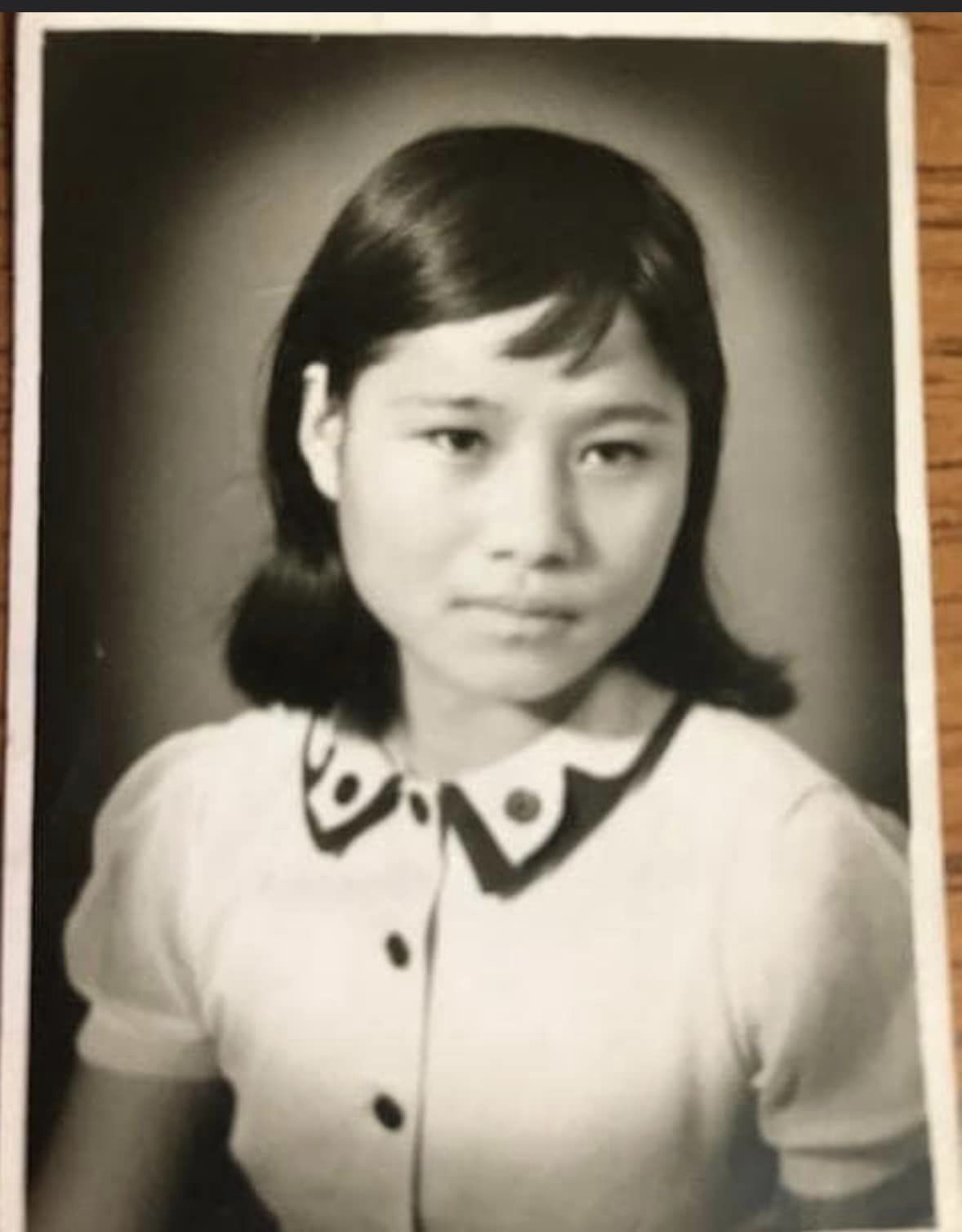
Alice, also known as Yoshiko and Kim Nam-Ki, as a young girl
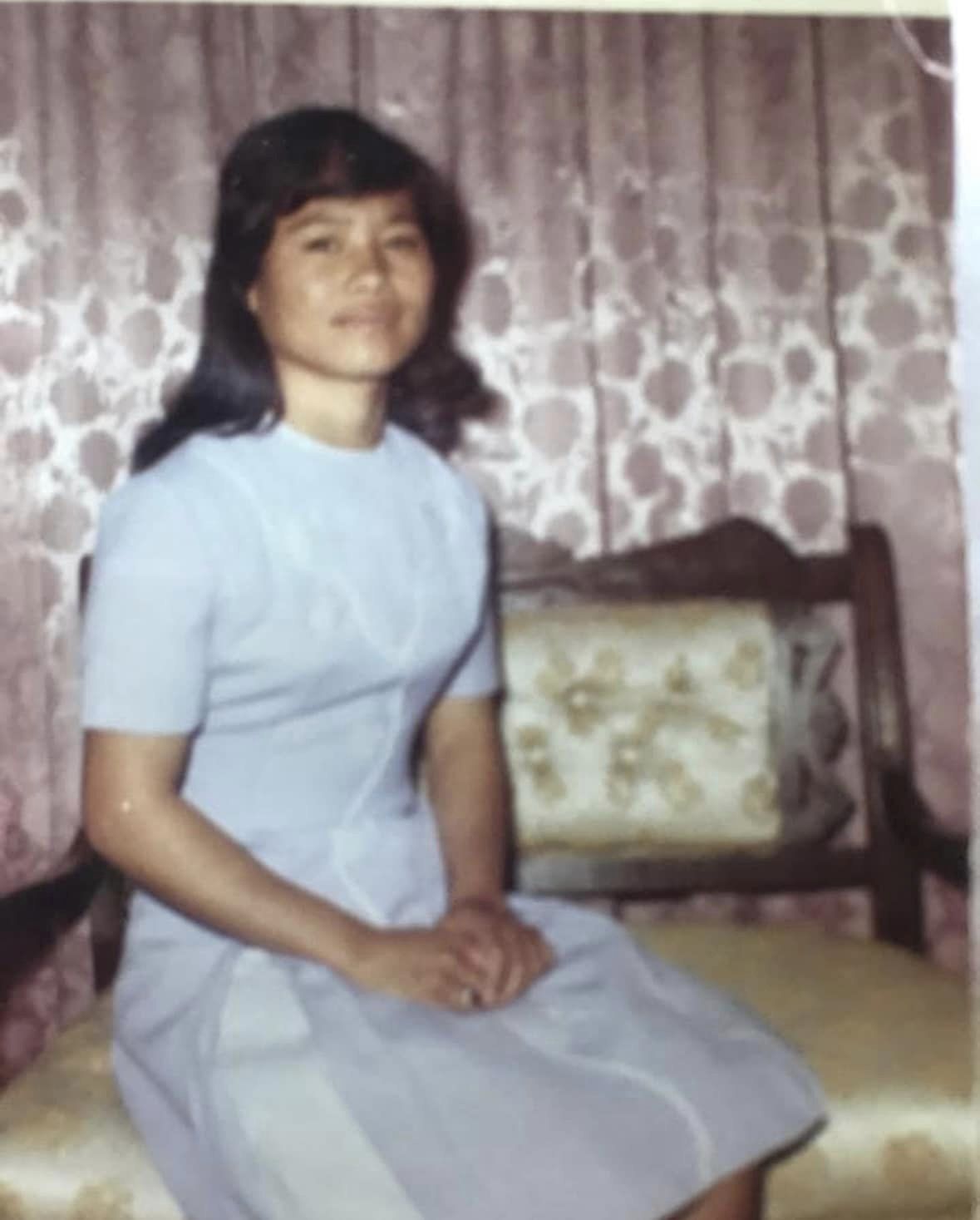
Alice as an adolescent.
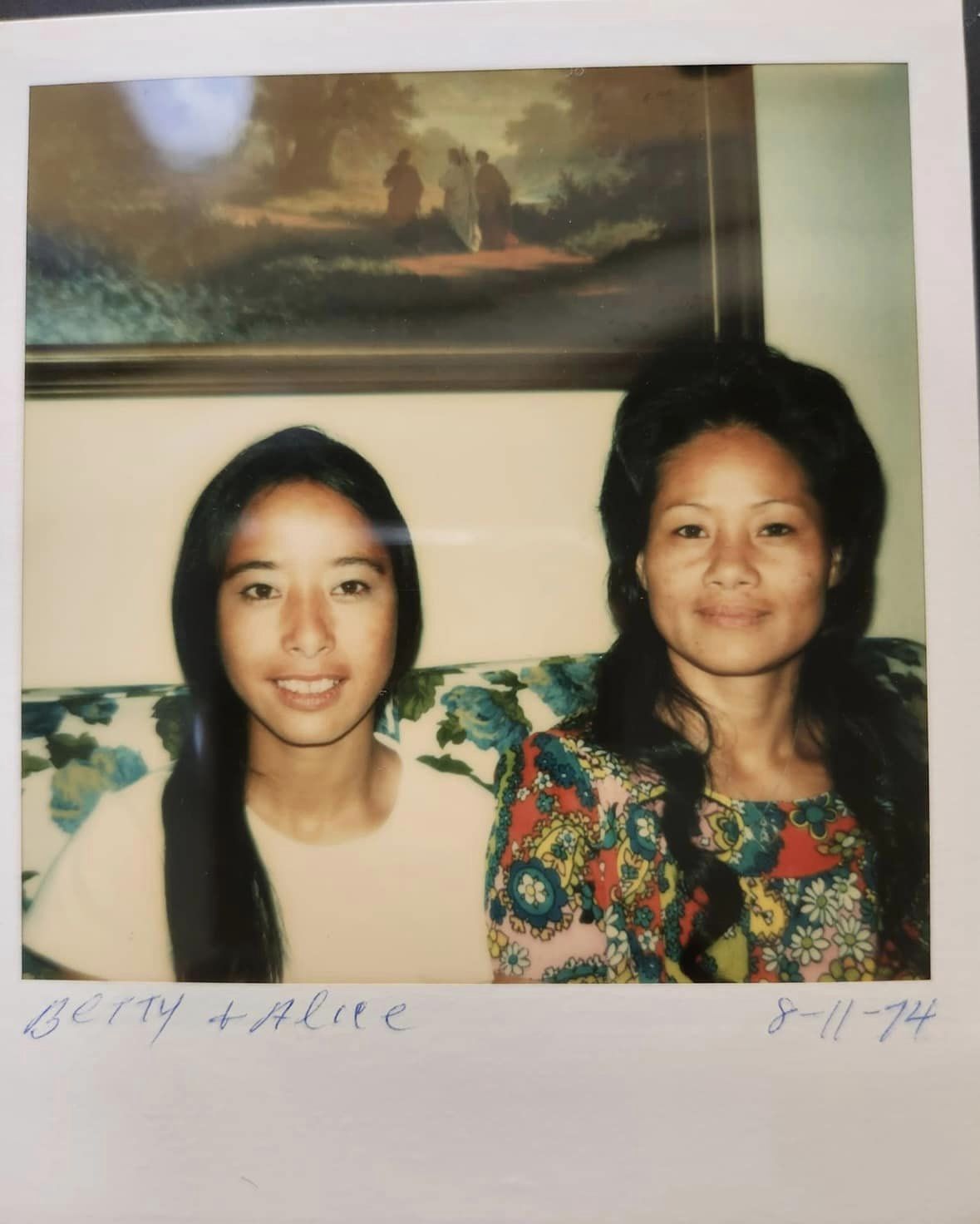
Alice, right, and her youngest sister Betty, also known as Kim Nam-Soon.
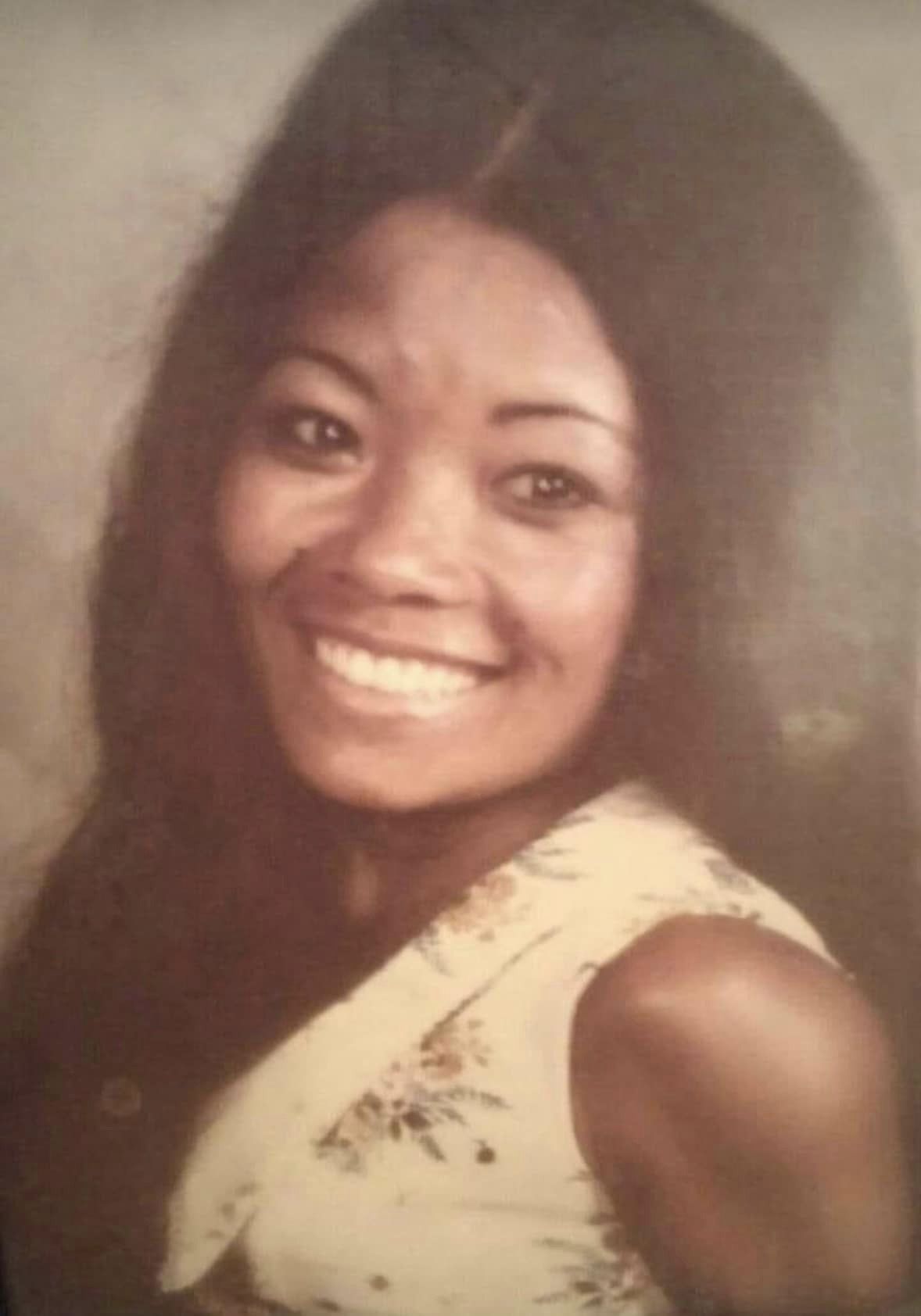
Alice’s younger sister Maureen, also known as Masako and Kim Nam-Do.
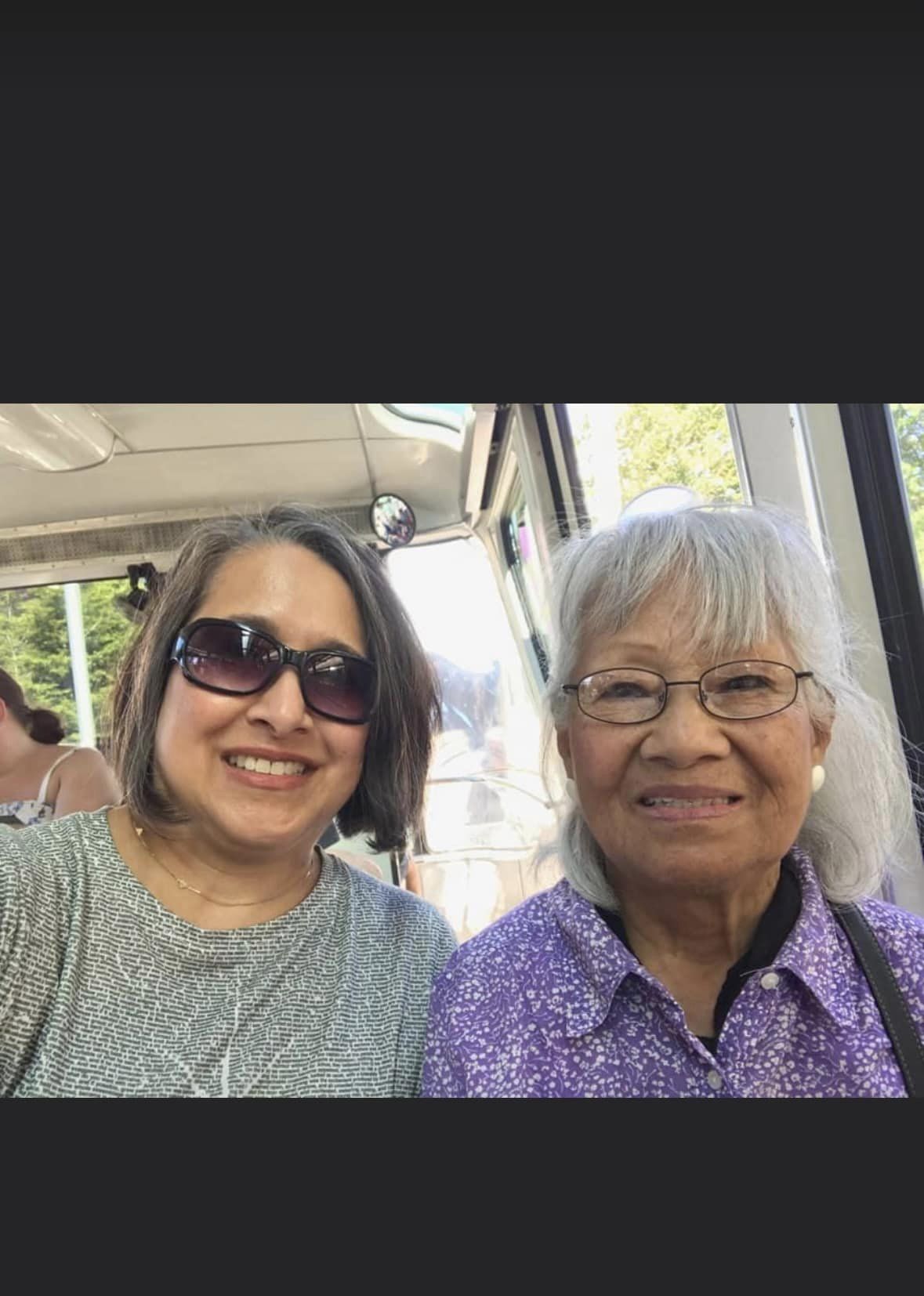
Alice, right, and her daughter Maria.


